The Liars Say We’re Outliers – Again
Here they go again.
The anti-Trump media in its typical pack fashion has begun criticizing Rasmussen Reports in recent days. Why? Because President Trump likes the job approval numbers we’re reporting.

Here they go again.
The anti-Trump media in its typical pack fashion has begun criticizing Rasmussen Reports in recent days. Why? Because President Trump likes the job approval numbers we’re reporting.

Voters see a more divided America since Donald Trump was elected president, but they don’t put all the blame on him.
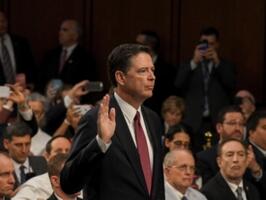
Former FBI Director James Comey has taken to print and the airwaves to angrily denounce President Trump, the man who fired him last year.

Following Special Counsel Robert Mueller’s invasion of the office and home of President Trump’s personal lawyer, voters increasingly believe Mueller’s probe is politically biased. But they also tend to think he is unlikely to nail the president for anything criminal.

Most voters believe the United States is superior to other nations around the world, but suspect that creates higher expectations from other countries.

President Trump has ordered the National Guard to the border with Mexico to help stop illegal immigration, but support for using the military there has fallen dramatically. Few voters think it would be a boost to U.S. national security.

Voters are closely divided over whether the United States and China are now in a trade war and whether America will emerge as the victor. But political affiliation once again colors the opinions.

As President Trump talks to his staff about pulling U.S. troops out of Syria, fewer voters see the war-torn nation as a vital national security interest for the United States. And nearly half continue to believe the best way to handle the Syrian crisis is to leave it alone.

Voters here are strongly critical of Mexico’s efforts to keep illegal drugs and illegal immigrants out of the United States, and just over half agree with President Trump that NAFTA is a good weapon to use to make our southern neighbor clean up its act.
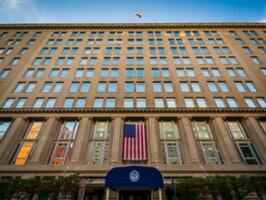
The ousted secretary of Veterans Affairs, David Shulkin, said he was canned because he opposed privatizing care for veterans. One-in-three voters support privatization of the VA department, as positive views of the department are up.
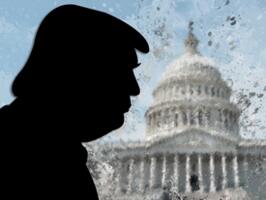
Most voters remain convinced that they work harder than Congress, but they’re less sure when it comes to President Trump.

Retired Supreme Court Justice John Paul Stevens wrote an op-ed in The New York Times last week calling for repeal of the Second Amendment in light of the current gun control debate, but Americans aren't rushing to embrace that idea.
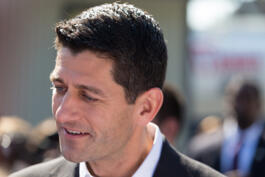
Rumors are swirling around that Paul Ryan may step down as Speaker of the House of Representatives. While he is liked by a strong majority of Republicans, they wouldn’t be sad to see him go.

CBS-TV’s long-running “60 Minutes” series scored its highest-ever ratings Sunday night with its interview of porn star Stormy Daniels who claims she had a sexual relationship with Donald Trump 12 years ago. But most voters don’t attach much importance to her claims now that Trump is president of the United States.
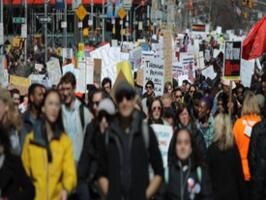
This past Saturday, thousands of Americans participated in March for Our Lives events for stronger gun control and protections for students in light of last month’s Parkland, Florida school shooting. While voters aren’t convinced the marches will bring about change, they definitely see more political involvement among students today.

President Trump praised the United States' relationship with Saudi Arabia in a meeting with Crown Prince Mohammed bin Salman, but it appears voters aren't as enthusiastic as the president.

Even as President Trump imposes tariffs on billions of dollars in Chinese goods to balance the trade playing field, voters here continue to view China as an economic threat and think the U.S. government has been too easy on it.

The Trump administration today announced that it is about to expel 60 Russian consular officers and close Russia’s Seattle consulate in retaliation for the poisoning of a Russian spy and his daughter in the UK.
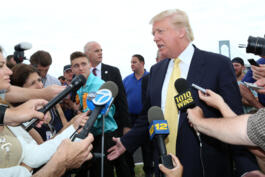
Fresh into President Trump’s second year in office, voters see even more bias against the president in the media than they did at the start of his presidency.

President Trump recently promoted Central Intelligence Agency Director Mike Pompeo to secretary of State following Rex Tillerson’s departure, leaving behind an agency most voters are impressed with.